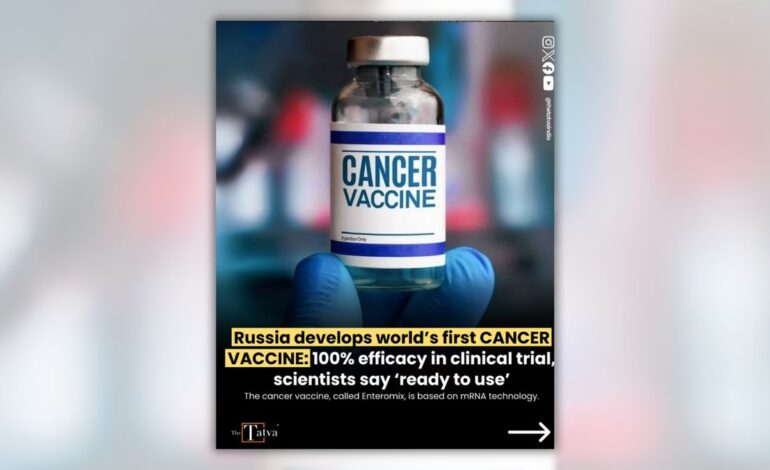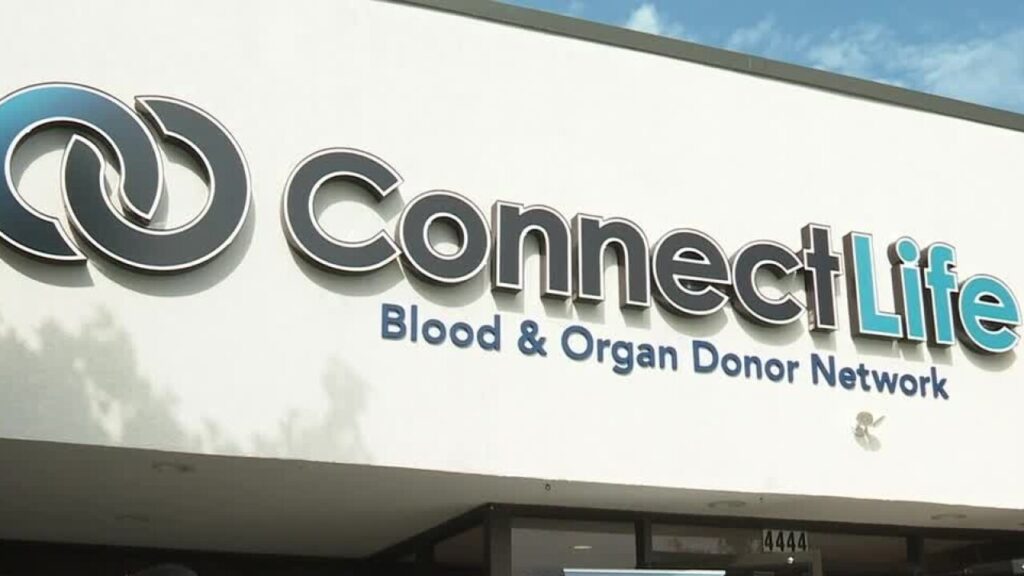Russia Claims Cancer Vaccine Ready for Clinical Use, Confusion Persists

In September 2025, a surge of social media posts and news articles claimed that a Russian cancer vaccine was ready for clinical use and would be provided free to patients. The information, however, was misleading and conflated details about three distinct cancer vaccines currently under development in Russia.
The only vaccine confirmed as ready for clinical use targets colorectal cancer specifically. Meanwhile, the mRNA vaccine and another vaccine known as Enteromix are still in trial phases, with both aimed at broader applications against various types of cancer. As of September 2025, neither of these vaccines has reached the stage of clinical readiness.
The claims about the cancer vaccine gained traction following a story from TASS, Russia’s government-run news agency, published on September 6, 2025. The TASS report mentioned a vaccine for colorectal cancer but did not specify that it was an mRNA vaccine or that it was related to Enteromix.
Many social media users expressed excitement over the supposed breakthrough, with one Instagram post garnering over 300,000 likes and another reaching 175,000 likes. However, these posts often inaccurately referred to the vaccine as the mRNA vaccine Enteromix, which was not the case. A Newsweek article also contributed to the confusion by stating that Russia’s Enteromix vaccine was ready for clinical use without clarifying its status as an mRNA vaccine.
It is important to note that while Russian scientists are indeed working on broad-spectrum cancer vaccines, including an mRNA vaccine, both remain in trial phases and are not available for widespread use. The blending of information about these three different vaccines into a single narrative has led to significant misunderstandings among the public.
As the situation develops, clarity is needed regarding the capabilities and availability of these cancer vaccines. The Russian healthcare system aims to advance its cancer treatment options, but as of now, only the colorectal cancer vaccine has been confirmed as ready for clinical application.
In conclusion, while there is optimism surrounding the development of cancer vaccines in Russia, ongoing trials and miscommunication have resulted in confusion about their current status. It remains essential for accurate information to be disseminated to avoid misleading the public regarding these significant medical advancements.






